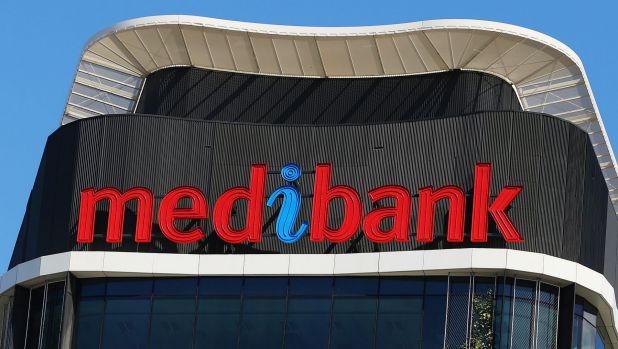Customers taking up health insurance before tax time to avoid the Medicare levy will drive a rebound in Medibank Private’s second-half revenue growth but managing director George Savvides says it might not be enough to ensure full-year revenue prospectus targets are hit.
Investors were spooked by slower than expected premium revenue growth, caused by customers switching to cheaper policies, pushing shares in the recently privatised company down by as much as 8 per cent in early trading. The stock recovered but still posted its biggest one-day fall – of 3.5 per cent to $2.47 – since its $5.7 billion listing in November.

Photo: Getty Images
Mr Savvides said Medibank was “pretty confident” it would hit the policy volumes outlined in the share sale prospectus for 2014-15. “Probably on the revenue dollars it won’t be all the way home,” he said.
The insurer posted a 10.8 per cent rise in pro forma net profit to $151.2 million for the December half, which was boosted by improving margins and strong cost cutting in administration.
On a statutory basis, net profit climbed 102.5 per cent to $143.8 million. The pro-forma result removes the costs of Medibank’s initial public offering and other one-off charges, such as the $80 million write-down of the group’s tele-health business in the previous half.
The company said it was on track to deliver on its net profit forecasts for the financial year, excluding the benefit of a $10 million claims provision.
Group revenue rose 3.7 per cent to $3.3 billion. Revenue from insurance premiums increased 5.2 per cent to $2.9 billion, which was well below the 6.2 per cent growth the insurer has forecast for the full year.
Mr Savvides said some of the downgrading to cheaper policies was driven by Medibank in an attempt to ensure customers had the coverage that suits their needs – and did not choose another provider.
Insurers will put their premiums up again in April 1 after they receive their approved increases from Health Minister Sussan Ley. Based on the rate of inflation in medical claims, insurance executives expect the average increase will be in the range of 6 to 7 per cent. Mr Savvides would not disclose the increase Medibank had asked for.
Chief financial officer Paul Koppelman told analysts that Medibank had expected to receive its approved increase by now, but was “still waiting”. A spokesman for Ms Ley said traditionally the announcement comes towards the end of February.
Medibank reduced its management expense ratio, which is the proportion of premiums paid by members that goes into administering insurance policies, from 9.2 per cent to 8 per cent in the December half. The improvement shows there was significant fat to cut in the former government-owned insurer, and should please investors who were worried that Mr Savvides was not the man to do the cutting.
